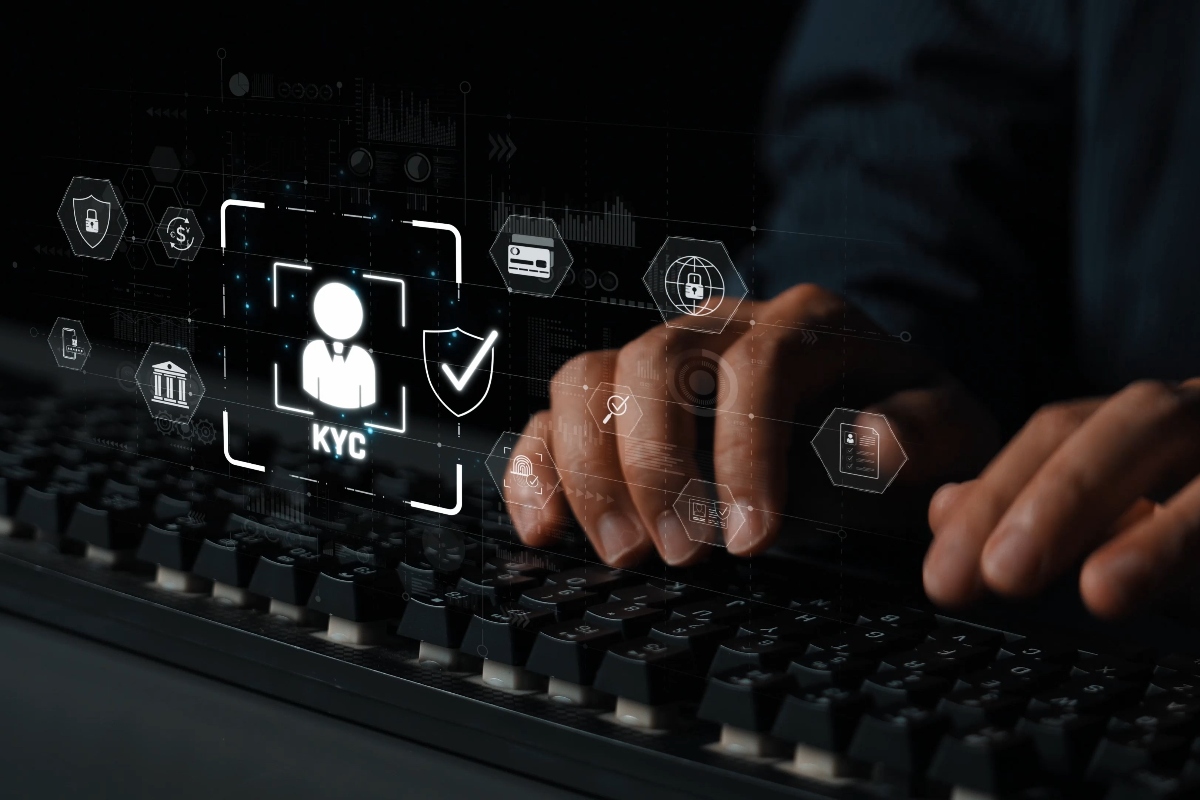The recent government announcement of digitising home buying and selling processes has put electronic signatures (e-signatures) in the spotlight. Their value in enabling faster, more secure and legally compliant property transaction processes will be integral to this transition. However, with various types of electronic signatures available, choosing the right one is crucial for compliance and security.
Each signature type offers different levels of security, legal recognition and practical application. Conveyancers must carefully assess their transaction needs to ensure compliance with HM Land Registry (HMLR) guidelines while maintaining efficiency and fraud prevention.
This article compares CCES (conveyancer-qualified electronic signature), WES (witnessed electronic signature) and QES (qualified electronic signatures), explaining their legal standing, security measures and best-use scenarios to help conveyancers determine which option best suits their needs.
Key factors to consider when selecting a type of electronic signature
Selecting the right e-signature for a property transaction depends on several critical factors.
a) Legal compliance
- Does the document require witnessing by law?
- Does HM Land Registry accept this type of electronic signature for registration?
- Does the signature meet regulatory standards such as PG82 (Practice Guide 82)?
b) Security and fraud prevention
- What level of identity verification is required?
- Can the signature be easily forged or manipulated?
- Does it provide an audit trail to confirm authenticity?
c) Efficiency and convenience
- Does the transaction require remote signing?
- Do multiple parties need to sign at different locations?
- Will delays in signing impact the completion timeline?
d) Cost and accessibility
- What is the budget for implementing secure e-signatures?
- Does the client have access to the required technology (such as ID verification tools or secure signing platforms)?
By evaluating these factors, conveyancers can have an easier time matching the right e-signature type to the needs of each transaction.
Comparison of electronic signature types for property transactions
|
Feature |
CCES (Conveyancer-Certified) |
WES (Witnessed) |
QES (Qualified) |
|
Legal validity |
Accepted by HMLR for certain transactions |
Required where witnessing is mandated |
Highest level under UK & EU law |
|
Identity verification |
Verified by the conveyancer |
Witness confirms signatory’s identity |
Verified by a government-approved trust service provider |
|
Security level |
High - requires conveyancer oversight |
High - witness supplements electronic checks |
Very high - cryptographic security and government certification |
|
Requires witness? |
No, conveyancer certifies instead |
Yes, must be physically present |
No, trust service provider ensures authenticity |
|
Use case |
Most property transactions that require conveyancer certification |
Deeds and other documents requiring a witness |
High-value property deals and international transactions |
|
Compliance with PG82? |
Yes |
Yes (for witnessed documents) |
Yes (strongest legal recognition) |
|
Best for |
Secure, conveyancer-led transactions |
Transactions requiring a legally mandated witness |
Transactions requiring a high level of security/future-proof compliance |
When to use each type of signature
Now that we’ve compared CCES, WES and QES, let’s take a look at which type to use in specific property transactions.
Scenario 1 - standard property sale or purchase
Recommended signature: CCES
Why?
- The transaction involves a verified conveyancer who can certify the electronic signing process
- HM Land Registry accepts CCES for property registration
- In most cases, no additional witnesses are needed, reducing delays
Scenario 2 - signing a deed (e.g., transfer of property or mortgage deed)
Recommended signature: WES
Why?
- A witness is legally required for deeds
- WES ensures that the witness confirms the signatory’s presence and intent
- HM Land Registry mandates witnessing for certain deeds, making WES the legally compliant option
Scenario 3 - International property transactions
Recommended signature: QES
Why?
- QES offers the highest level of legal certainty and security
- It is recognised internationally, making it ideal for cross-border deals
- Identity verification is conducted by a government-certified trust service provider, reducing fraud risks
Scenario 4 - remote signing without a witness present
Recommended signature: CCES or QES
Why?
- If the transaction requires a conveyancer’s oversight, CCES is the best option.
- If the transaction demands the strongest legal recognition without a witness, QES is preferable.
Practical considerations for conveyancers when selecting an electronic signature type
Meeting HM Land Registry requirements
PG82 (Practice Guide 82) outlines the requirements for electronic signatures accepted by HM Land Registry. Not all e-signatures are accepted, and conveyancers must ensure they select a method that meets compliance standards.
For instance, HM Land Registry mandates that electronic signatures for property transactions must include a set of requirements.
- Secure identity verification
- A robust audit trail
- Witnessing (if required)
- Conveyancer certification (where applicable)
Balancing security with efficiency
CCES and QES offer the highest security but may involve additional verification steps.
WES ensures compliance for deeds but requires a witness. If convenience and efficiency is a priority, CCES is often the best option for standard property sales.
Technology integration
To take full advantage of e-signatures (regardless of the type), secure digital signing platforms ensure legal compliance, fraud prevention and efficiency in property transactions. They provide identity verification, encryption and audit trails, protecting documents from tampering and disputes. By using trusted solutions, conveyancers can streamline processes, enhance security and meet HM Land Registry requirements, making technology an essential tool for modern conveyancing.
Selecting the right electronic signature for your property needs
Choosing the right electronic signature ensures legal compliance, security and efficiency in digital property transactions. CCES is ideal for standard transactions, offering conveyancer oversight without requiring a witness. WES is necessary for deeds that are managed electronically, maintaining compliance with witnessing laws. For high-value or international transactions, QES provides the highest security and legal recognition.
Understanding the legal and security implications of each signature type helps conveyancers protect clients and streamline transactions. With the right digital signing platform, firms can enhance efficiency, fraud prevention and regulatory compliance, making electronic signatures essential for modern conveyancing.
Download our guide on navigating property transactions in the digital age to help implement secure and compliant e-signing solutions.



